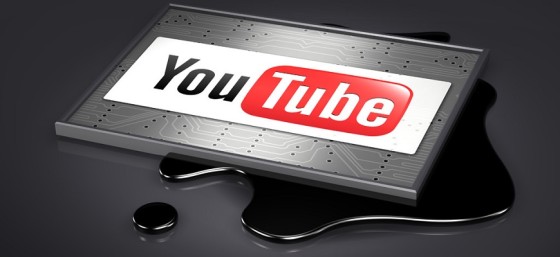
In the last week, several people have posted that YouTube pulled the ads from their videos because their content wasn’t “advertiser-friendly.”
What’s Advertiser-Friendly Content?
According to YouTube policies, ads can only be run on content that’s all-ages appropriate. “It has little to no inappropriate or mature content in the video stream, thumbnail, or metadata (such as in the video title). If the video does contain inappropriate content, the context is usually newsworthy or comedic and the creator’s intent is to inform or entertain (not offend or shock).”
According to YouTube, you can’t run ads against content that contains the following:
- Sexually suggestive content;
- Violence
- Profanity or vulgar language
- Harassment
- Promotion of drugs
- Sensitive subjects – including, war, political conflicts, natural disasters, and tragedies
If a user repeatedly posts videos that violate this policy, YouTube may suspend monetization on your whole channel. This could be problematic for content creators who make a living in part from their YouTube channel(s).
Their Site, Their Rules
Reading the YouTube rules, it’s ok to create and post content that violates some of its advertiser-friendly guidelines, but not make money from it.
And don’t even think about trying to argue that YouTube is violating your First Amendment right to free speech. It’s their site so they make the rules. They’re not stopping you from creating and publishing content on your own forum, just setting the rules for their platform.
Compare this to a shopping mall. They control who can sell wares and what behavior is appropriate. If you break the rules – by screaming or walking a body bag through the food court (not that I’ve done that) – you can be asked to leave or even banned for a period of time. Likewise, if you scream obscenities on the street, the police might be called and you could get a ticket for disturbing the peace.
So, What’s Changed?
It appears that not much has changed on YouTube. The policy regarding advertiser-friendly content hasn’t changed, but rather how it’s enforced. Before, if a video violated this rule, they would merely turn off the monetization feature, and you may not notice the difference unless you checked your Video Manager. Now, YouTube is sending an email notice when they turn off monetization.
I went back and reviewed the law firm’s YouTube channel. I run ads on most videos, but I haven’t made a cent from YouTube. There’s only one video on which monetization was turned off. My other videos where I may occasionally swear and/or mention sexual content like “revenge porn” are still monetized. (Not that I expect to make money from my videos, but you never know.)
If you have an internet-based business that relies on another platform to make money, be sure you read the site’s terms of service before you design your business model around it. (Remember, there’s a good chance the site can change the rules at any time.) If you want to talk more about internet or social media law, you can contact me directly or connect with me on Twitter, Facebook, YouTube, or LinkedIn. You can also get access to more exclusive content that is available only to people on my mailing list, by subscribing here.
